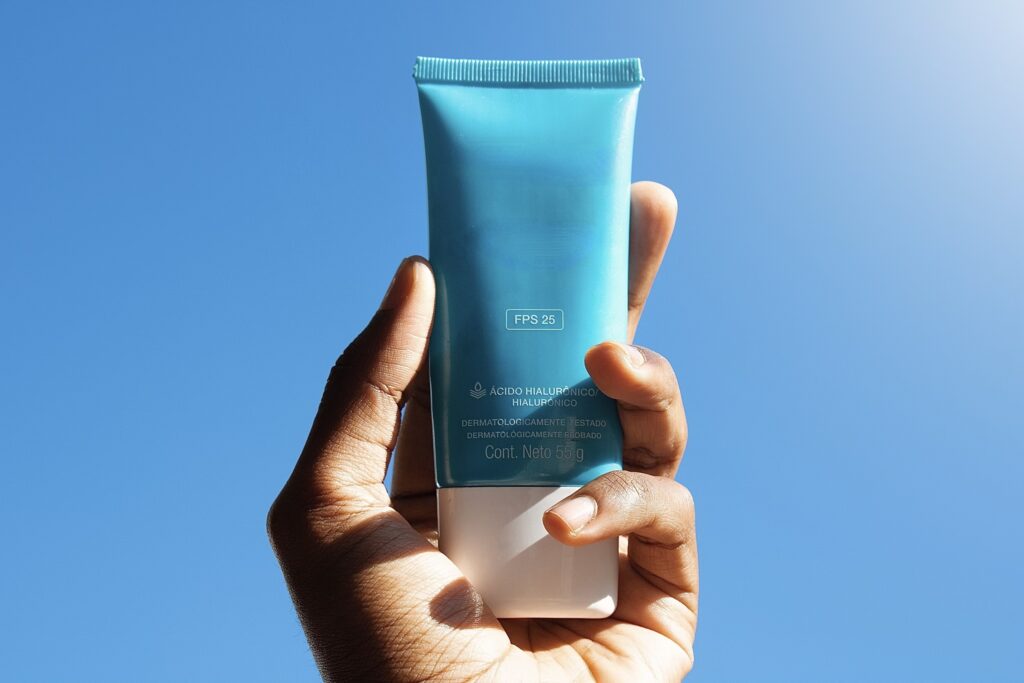The metaverse is appearing more frequently in companies’ branding efforts, with companies like Nike launching an experience of its own within the Roblox metaverse, Balenciaga offering up products to wear in the Fortnite metaverse, and Tokens.com’s Metaverse Group subsidiary paid $2.4 million – in crypto – in what is being called one of “the largest ever land acquisitions in the metaverse.” But what does the emergence of the metaverse and the increase in virtual reality platforms mean for trademark owners? The metaverse is a virtual reality construct where there is an overlap between reality and the online 3D virtual environment. The metaverse is accessed through computers, smart devices and AR/VR technologies. Currently, Meta Platforms Inc. (formerly Facebook Inc.) is pushing the construct with plans to develop metaverse experiences, services and hardware so the ordinary person can enter the metaverse to work, shop, socialize, play games – the extent and application is somewhat limitless.
What does the metaverse mean for trademark owners?
Should all trademark owners think about expanding their trademark filings to include virtually downloadable goods and secure rights and a presence in the metaverse? Nike Inc. recently applied for a suite of new trademark applications in the US for some of its most well-known marks including NIKE, Just Do It and the AIR JORDAN logo, covering various goods and services in classes 9 and 42, including downloadable virtual goods in class 9 and retail store services featuring virtual goods in class 42. Nike Inc.’s plans for these new trademarks are still unclear. What these filings indicate is that Nike Inc. may be preparing to enter the metaverse, perhaps by offering a virtual reality shopping experience.
Or the applications may be a defensive strategy to stop infringing use with the expectation that its marks could appear, without consent, in the metaverse or be used on non-fungible tokens (NFTs).
The metaverse creates virtual settings which mimic the real world where participants can deal with, wear, and touch branded products. In this setting, would the use of a trademark infringe the rights of the trademark owner for those equivalent goods in the real world? That is, does the trademark owner need to apply separately for downloadable virtual goods if it is already the owner of those goods or services in the appropriate class in reality? The question has not yet been tested before the courts but practically speaking, one would expect that a similar process and rationale will apply as that currently used for online infringements.
A scenario for consideration
Person X creates a metaverse dating experience and users can purchase items of clothing as NFTs to wear to their virtual dates. Some of the NFT items for purchase are luxury branded clothing (which include registered trademarks of third parties). Is the promotion and sale of those NFTs infringing the trademarks which appear on the clothing? If we compare it to online retail sales, the answer is likely to be yes. On the other hand, software or downloadable software (which arguably includes downloadable virtual goods) is generally not considered to be goods of a similar description to clothing, for example. This suggests that it would be far safer and prudent for brand owners to consider extending their filings to include downloadable virtual goods and/or services.
Presumably, this would be of interest to high-profile brands globally assuming existing portfolios do not provide some coverage already.
To most of us the metaverse is still an enigma and its uptake and popularity unknown but there certainly appears to be momentum building. For brand owners (particularly those in the well-known consumer goods market) there may be valid reason to consider securing trademarks in that space to get a foot in the door, and also potentially as a defensive strategy to combat infringers, especially in jurisdictions where trademark squatting is prevalent and it is important to file early.
For now, we will continue to watch this space, however, just as when the internet first launched and its capabilities and uses were not yet fully explored, there is certainly potential for the metaverse and its uses to become the new normal.
Sarah Dixon is a senior associate in FB Rice’s Sydney trademark team. Her practice includes advice, prosecution and management of global trademark portfolios on behalf of both local and international clients.














